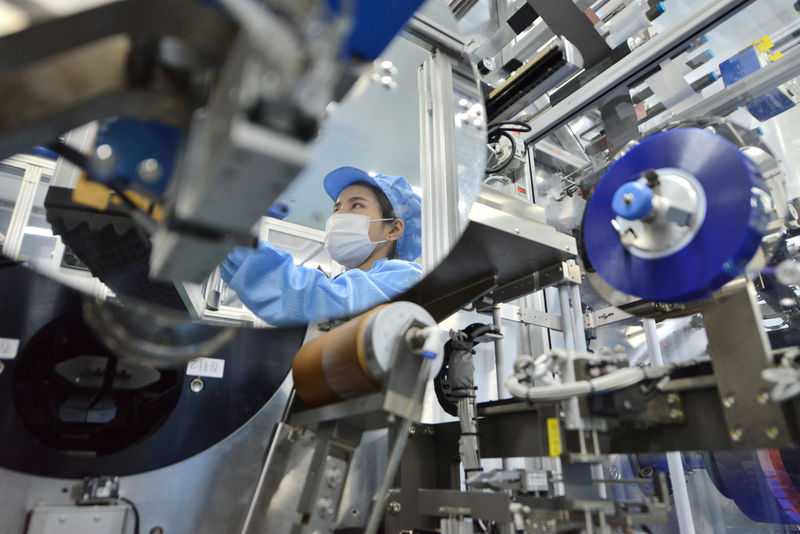Europe faces tall odds in bid to short-circuit Asia’s battery lead
05 May, 2019

Global production of batteries for electric cars is concentrated in Asia, with Chinese, Japanese and South Korean firms dominating the sector and building factories in Europe to conserve their supremacy.
However Europe is looking to strike back, with France and Germany saying on Thursday they would form an alliance to develop next-generation batteries in a bid to counteract Asia’s dominance.
Lithium-ion batteries are a — if not the — crucial component of electric vehicles, but few companies have ventured into actually making them given the huge cost of setting up manufacturing facilities and the still limited demand.
Car manufacturers have preferred to have a choice of several specialized suppliers, especially as battery technology is rapidly evolving.
China, where half of electric cars are currently being sold, requires car manufacturers to use locally built batteries and is calling the shots in the industry with two-thirds of the world’s production capacity of lithium-ion cells for batteries.
Only Asian firms appear in the top ten of the industry: China’s Contemporary Amperex Technology (CATL) accounted for 23 percent of global production last year, edging out Japan’s Panasonic at 22 percent.
China’s BYD followed at 13 percent and is the only car manufacturer to have prospered in making batteries.
South Korea’s LG Chem came in at 10 percent while Samsung SDI had 5.5 percent, according to the U.S.-based Center for Automotive Research.
Europe accounts for only 1 percent of global production.
The United States also remains marginal on a global scale despite the Gigafactory that Tesla developed with Panasonic.
Another key factor in China’s supremacy is its control over the raw materials needed to manufacture the batteries: lithium and cobalt.
According to Bloomberg, the Chinese firms Ganfeng and Tianqi control 17 and 12 percent respectively of the world production of lithium thanks to their investments in mines in Australia and South America.
Tianqi bought a 24 percent stake in Chilean miner SQM for $4.1 billion in December. Together with the U.S. firm Albemarle it also controls the huge Greenbushes mine in Australia.
Meanwhile, Chinese firms control at least half of the cobalt extracted in the Democratic Republic of Congo, where 70 percent of global output comes from, according to estimates cited by Bloomberg.
China Molybdenum bought a major site from the U.S. firm Freeport-McMoran for $2.65 billion in 2016.
China also has 80 percent of the world’s capacity to produce refined cobalt using chemical processes.
Concerned over their access to supplies, several carmakers have concluded long-term deals with Chinese firms: Volkswagen announced at the beginning of April a 10-year deal with Ganfeng for lithium that it can provide to battery manufacturers of its choice.
According to the BCG consultancy, the global auto battery market could reach €45 billion in value in 2027, with Europe accounting for 20 to 30 percent, but Asian firms are expected to benefit most.
CATL is investing some €240 million to build a factory in the central German city of Erfurt that will supply BMW from 2022. The luxury carmaker has concluded a contract worth €4 billion with CATL, including €1.5 billion from the Erfurt site.
